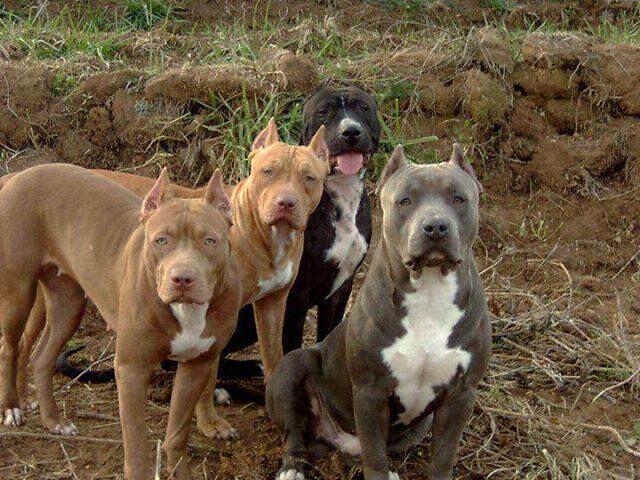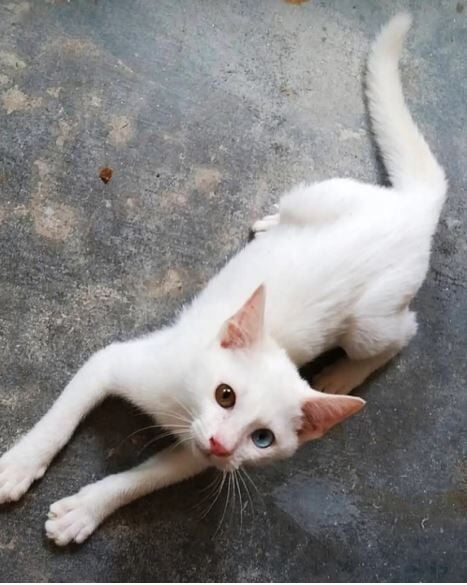Paws and effect: New Bangkok law to shake up pet ownership rules
Fines, microchips and stricter rules aim to curb rising number of abandoned animals

A new law set to take effect in Bangkok early next year will significantly alter pet ownership regulations. The Bangkok Metropolitan Administration (BMA) Ordinance on Animal Keeping and Release Control 2024, coming into force on January 10 next year, seeks to manage stray populations and promote responsible pet ownership, particularly affecting dog and cat owners.
The ordinance classifies Bangkok as a controlled zone for six animal categories: mammals, poultry, aquatic creatures, amphibians, reptiles, and venomous or aggressive species. However, in the city’s dense condominiums and suburban areas, dogs and cats are the primary focus.
Despite the regulation’s goals, concerns exist about public awareness and the feasibility of enforcement.
Thong Lor resident and project manager, Puchatr Guna-Tilaka, who owns two cats and cares for a stray dog, was taken aback by the news. He believes the BMA should deliver information directly to communities, such as markets, parks, and temples, rather than relying solely on announcements.
He supports the regulation’s intent to foster responsible pet ownership but highlighted potential challenges, like the need for microchipping, registration, and documentation. He suggested that mobile clinics and public education initiatives might improve compliance, emphasising the importance of understanding and patience from the BMA in the initial stages.
The ordinance mandates that pet owners microchip and register their animals within 120 days of birth or 30 days post-adoption, accompanied by documents such as the owner’s ID, proof of residence, and rabies or sterilisation certificates. Dogs must be leashed in public, wear ID tags, and certain breeds, like Pit Bulls and Rottweilers, require muzzling and handling by those aged 10 to 65. Non-compliance could lead to fines up to 25,000 baht.

The regulation also imposes limits on the number of pets per property, ranging from one animal in a small condo (20 to 80 sqm) to up to six on larger plots. However, current owners exceeding these limits can retain their pets. BMA Deputy Governor Tavida Kamolvej clarified that the law would not be retroactive, allowing existing pet owners to keep their animals provided they register them.
She stressed the importance of responsible pet care, including regular vaccinations and considering neutering to help control the pet population.
Sittapol E-9mwisoot, director of the BMA’s Veterinary Services Division, acknowledged past failures, such as the unsuccessful 2005 campaign to distinguish pets from strays. He noted that the current ordinance’s expanded scope now includes cats, which reproduce more rapidly than dogs.
He explained that the previous initiative failed due to a lack of perceived benefits and concerns about the animals’ welfare. This time, the focus is on instilling responsibility among pet owners and addressing abandonment and irresponsible ownership.
The BMA aims to manage diseases transmitted by animals, with the primary goal of reducing abandonment and fostering owner responsibility. Since Covid-19, there has been a noticeable increase in the cat population, prompting the initiative to include microchipping and neutering for both cats and dogs.
Cats can become pregnant more frequently than dogs, producing four to five litters annually, compared to dogs’ two. The BMA plans to deploy mobile units and collaborate with veterinary groups for broader reach and understanding.

Roger Lohnardt, Secretary General of the Thai Animal Guardians Association, commended the ordinance’s ambition but highlighted remaining loopholes, like exemptions for government-owned animals and vague rules for businesses and shelters, which may struggle to rehome strays within 30 days. He pointed out that without addressing irresponsible breeding and unregulated animal sales, the root cause remains unaddressed.
Dayin Petcharat, founder of the SOS Animal Thailand Foundation, shared similar concerns but regarded the law as a potential breakthrough. She emphasised that ISO-standard microchipping could connect pets with their owners, state databases, and rescue groups.
Dayin advocated for mobile microchipping teams and alignment with breeder licensing laws, warning of unchecked reproduction risks in urban areas, reported Bangkok Post.
Implemented with precision and compassion, this could mark a significant turning point for animal welfare in Thailand.
Latest Thailand News
Follow The Thaiger on Google News:


























